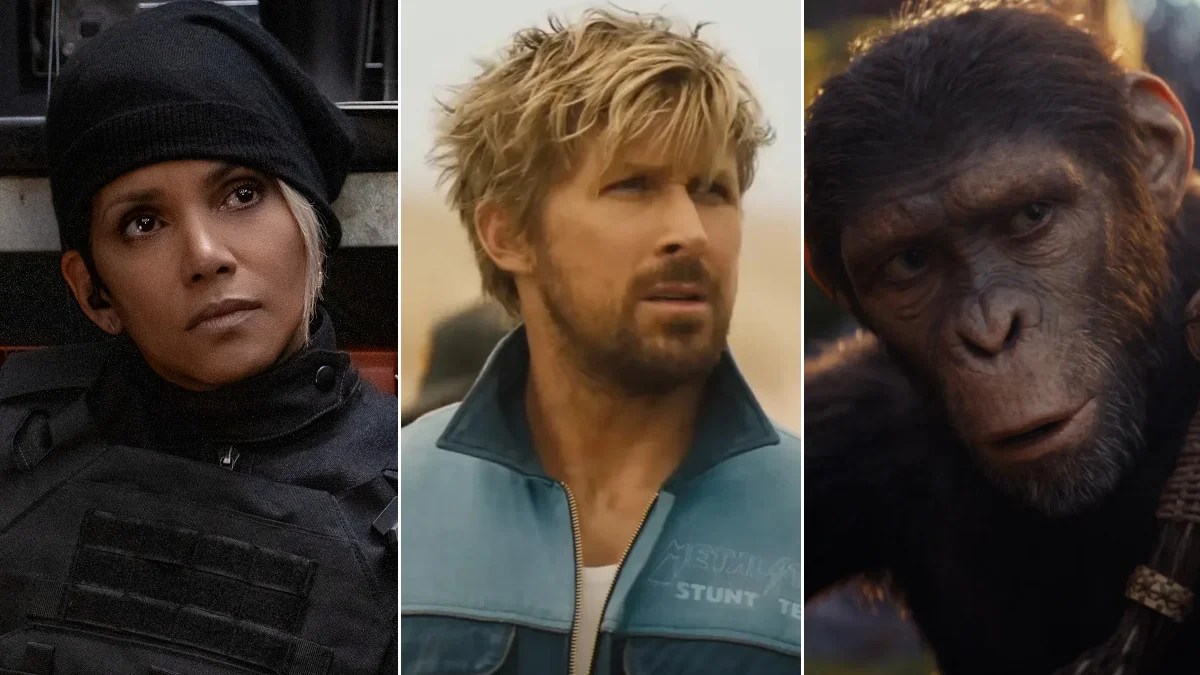Must Read
Netflix’s Heart of Invictus: A Royal Misfire in Storytelling
In an era where streaming giants dominate the entertainment landscape, Netflix's latest endeavor, Heart of Invictus, has stumbled into a quagmire of missed opportunities and unmet expectations.
This documentary series, produced by Prince Harry and Meghan Markle, was meant to spotlight the inspiring stories of wounded veterans participating in the 2022 Invictus Games.
However, its launch on August 30, 2023, barely made a ripple, despite boasting an impressive 86% approval rating on Rotten Tomatoes.
What went wrong?
At first glance, the premise seemed promising—a heartfelt exploration of resilience and courage.
Yet, the series failed to capture the attention it desperately needed.
With only 300,000 views after its premiere, it didn't even crack Netflix's top 10 list.
It's hard not to wonder how a project with such noble intentions could fade into obscurity so quickly.
One of the primary culprits appears to be the overhyped launch.
When Netflix announced Heart of Invictus, it seemed poised for success.
After all, who wouldn't want to watch a series that champions brave veterans?
But the Invictus Games, while significant, often struggle to garner mainstream interest.
Without a strong marketing campaign or a cultural hook, the show simply didn't resonate with the broader audience.
Did Netflix misjudge Prince Harry's star power?
Or was the niche focus of the series its downfall?
The truth is, having royal backing doesn't guarantee a hit.
Viewers seem to prefer dramatic narratives and engaging reality shows over what may feel like a lecture on valor.
For many, tuning into Heart of Invictus felt akin to signing up for a charity run while friends opted for binge-watching their favorite series instead.
Moreover, Prince Harry's involvement, intended as a strength, may have backfired.
Critics argued that the series often felt more like a tribute to the prince himself rather than a genuine celebration of the veterans' journeys.
With a history of projects perceived as self-serving—from his memoir Spare to high-profile interviews—Harry's presence raised questions about authenticity.
Can one truly champion others while remaining in the limelight?
The Invictus Games, once groundbreaking when established in 2014, now seem to be losing momentum.
As public interest dwindles and fewer veterans participate, the risk of being forgotten looms large.
Heart of Invictus had the potential to revitalize this noble cause, but it fell short, missing an opportunity to shine a light on the incredible stories of courage and determination.
In a broader context, the situation presents a dilemma for Netflix regarding its partnership with the Sussexes.
After investing a staggering $100 million, the streaming giant has yet to see a return on its investment.
Previous projects, including the couple's docuseries, have also underwhelmed.
Now, Netflix is banking on Harry's upcoming polo series, but can this really capture the audience's imagination?
The failure of Heart of Invictus serves as a lesson for both Netflix and the Sussexes.
It highlights that star power alone isn't enough to guarantee viewership.
Audiences crave engaging content that resonates with them on a personal level.
If a project centers on a niche topic, it must find a way to connect emotionally with viewers.
Authenticity matters, and audiences can discern when a project feels superficial.
Looking ahead, there are several strategies that could potentially salvage Heart of Invictus.
Engaging with veterans' organizations and promoting the series through community screenings could create a meaningful impact.
Utilizing social media to share poignant clips might reignite interest, while live events featuring Q&A sessions with veterans and Prince Harry could help bridge the gap between the series and its audience.
As for Archwell Productions, Harry and Meghan's media arm, it faces its own challenges.
Their projects often send mixed messages, oscillating between serious themes and celebrity glamour.
To regain traction, they might consider focusing on substance over celebrity, allowing the voices of those they aim to support to take center stage.
Ultimately, the story of Heart of Invictus is more than just a case of poor viewership numbers; it reflects broader trends in media consumption.
In a world saturated with quick entertainment, there's a growing appetite for deeper, more meaningful narratives.
Perhaps Heart of Invictus is ahead of its time, offering a reflective look at resilience that could resonate with audiences seeking authenticity amidst the noise.
As we ponder the fate of this series, it raises an essential question: What stories do we want to tell, and who should tell them?
The veterans featured in Heart of Invictus have powerful stories that deserve to be heard.
Maybe, just maybe, this misstep could serve as a catalyst for more authentic storytelling in the future.




















